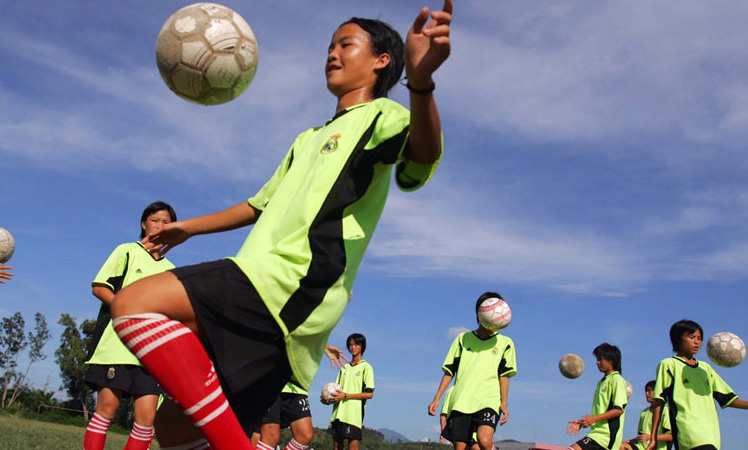Innovation at the Two Sessions 2022
The 2022 Two Sessions, the annual sessions of China's top legislature and political advisory body, concluded Friday, March 11. From an innovation perspective, there are some noteworthy takeaways.
Looking back at 2021, China has been steadily increasing support for innovation. We saw corporate R&D increase with 15.5%, a push for the Digital China initiatives to bring digital technology to incumbent industries, refocus on more fundamental science and technology development, and tax support for Micro-, Small and Medium-sized Enterprises (MSMEs), especially those with homegrown technologies. We also saw an increase of regulation and oversight of the booming technology sector, in particular finding ways to properly regulate platform businesses and their role in the Chinese economy.
Looking forward, continuous policy support and (tax) incentives for innovation remain. While we see less an explicit focus on the commercialization of innovation, the work report suggests a further push of science and technology development to increase self-reliance. In particular, the work report emphasizes the upgrading of the industrial value chain and technology in manufacturing. It appears that innovation continues to refocus on core technologies and scientific breakthroughs, rather than business models and consumer facing innovations.
This is interesting for two reasons. On the one hand, China is already pioneering a great many consumer facing innovations and often hailed as the breeding ground for new retail transformations. So, it makes sense for China to focus on developing industrial and manufacturing core technologies, where it has more global dependencies, rather than further pushing the already excellent consumer innovation landscape. But will it lead to a less vibrant consumer sector? On the other hand, it also means that there is going to be more opportunities for industrial and manufacturing innovators in the years to come. Capital investments may flow further into industrial sectors. Will there be new opportunities for foreign technology investors?
The year 2021 saw increased scrutiny and flurry of regulations and reforms of the consumer tech sector, related to platform business. In 2022 we will see a balancing of regulating these consumer tech sectors while encouraging other sectors. But it appears unlikely that there will be further, stricter regulations coming to platform businesses. It is, however, likely that it will take considerable time for the implications and regulations to sort out and stabilize.
There are also two possible challenges to observe.
First, the development of science and technology, especially breakthrough innovations, take time and talent. It will have to remain a long-term focus on China in the work reports for the years to come. The current limitations of international exchange and overall geopolitical climate is not encouraging an innovation culture driven by diversity and global networks of talent. The domestic development of talent and global access to networks of innovation remains an important, perhaps underemphasized, point in the work reports.
Second, although MSMEs have received support during the crisis, voices from the market indicate that many are still struggling. The 2022 government work report sets out to further “help entrepreneurs to devote themselves to creating start-ups and pursuing innovation and to develop their businesses free from undue concern.” While this is good news, it remains to be seen if the MSMEs sector can rebound quick enough.
Mark Greeven is Professor of Innovation and Strategy at the International Institute for Management Development, Switzerland.
The opinions expressed in this article reflect those of the author, and do not necessarily reflect those of People's Daily Online.
Photos
 Traditional tie-dye products of Buyi ethnic group in Guizhou popular among tourists
Traditional tie-dye products of Buyi ethnic group in Guizhou popular among tourists Girls from mountainous areas in Hainan pursue football dreams
Girls from mountainous areas in Hainan pursue football dreams Chinese artist forms elaborate images using whisked tea foam in revival of Song Dynasty’s cultural splendor
Chinese artist forms elaborate images using whisked tea foam in revival of Song Dynasty’s cultural splendor Wild lilies in full bloom as snow melts in Xinjiang
Wild lilies in full bloom as snow melts in Xinjiang
Related Stories
- Sci-tech innovation set to stabilize, bolster nation's industrial economy
- Innovation nurtures new growth drivers for China's economy
- China to continue innovation-driven development strategy
- China to implement 10-year plan on basic research to boost scientific, technological innovation
- China to raise incentives for enterprise innovation, strengthen IPR protection
Copyright © 2022 People's Daily Online. All Rights Reserved.






